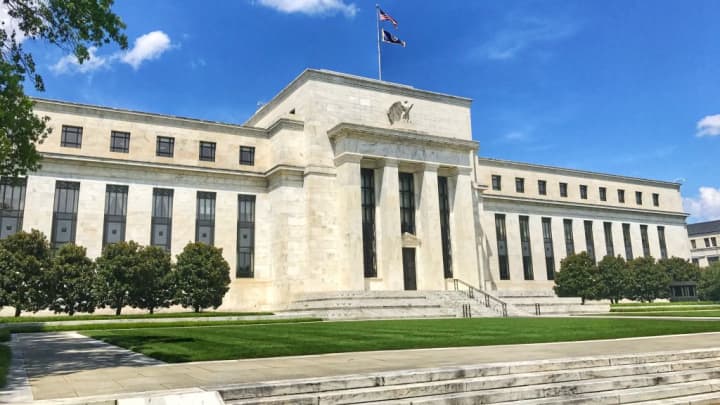The Bank of England looks set to hike borrowing costs by another 50 basis points next week, although it may opt for an even bigger move, adding to the woes of indebted households already facing a cost of living crisis.
That is despite some inflation expectations falling after new Prime Minister Liz Truss announced an energy support package last week, with inflation now likely to peak as much as five percentage points lower than earlier forecast.
In August the BoE raised its main interest rate by 50 basis points, taking it to 1.75% in its largest move in 27 years. The overwhelming majority of economists in a Sept. 9-13 Reuters poll, 40 of 47, said it would add the same amount on Sept. 22, lifting it to 2.25%.
Other central banks have been acting more aggressively, including the U.S. Federal Reserve, the European Central Bank and the Bank of Canada.
The remaining seven economists polled said the BoE would opt for a 75-basis-point hike next week as it battles to contain inflation running at more than five times its 2% target. Inflation was 10.1% in July, the highest since February 1982.
But Truss' power tariff cap and planned tax cuts could prove inflationary, and Bank Rate was now expected to peak at a higher level than previously thought.
"While we don't expect the MPC to reach consensus on anything bigger than a 50bps hike at this stage, the case for further outsized rate hikes remains strong, if not stronger," said Sanjay Raja at Deutsche Bank.
The BoE was expected to follow next week's increase with another 50 basis point lift in November and 25 basis points in December, taking Bank Rate to 3.00%, where it will stay until at least October.
In an August survey, Bank Rate was expected to top out at the end of this year at 2.50%.
When asked how the risks to that peak interest rate forecast were skewed, 18 of 19 respondents to an extra question said it would be higher or significantly higher. Only one said the risk was it would be lower.
"In fact, one of the paradoxes of large fiscal support is that the Bank may now need to tighten monetary policy by more than would otherwise be the case. An increase to 4% is now possible," said Neil Shearing at Capital Economics, who has been near the top end of those expectations for some time.











